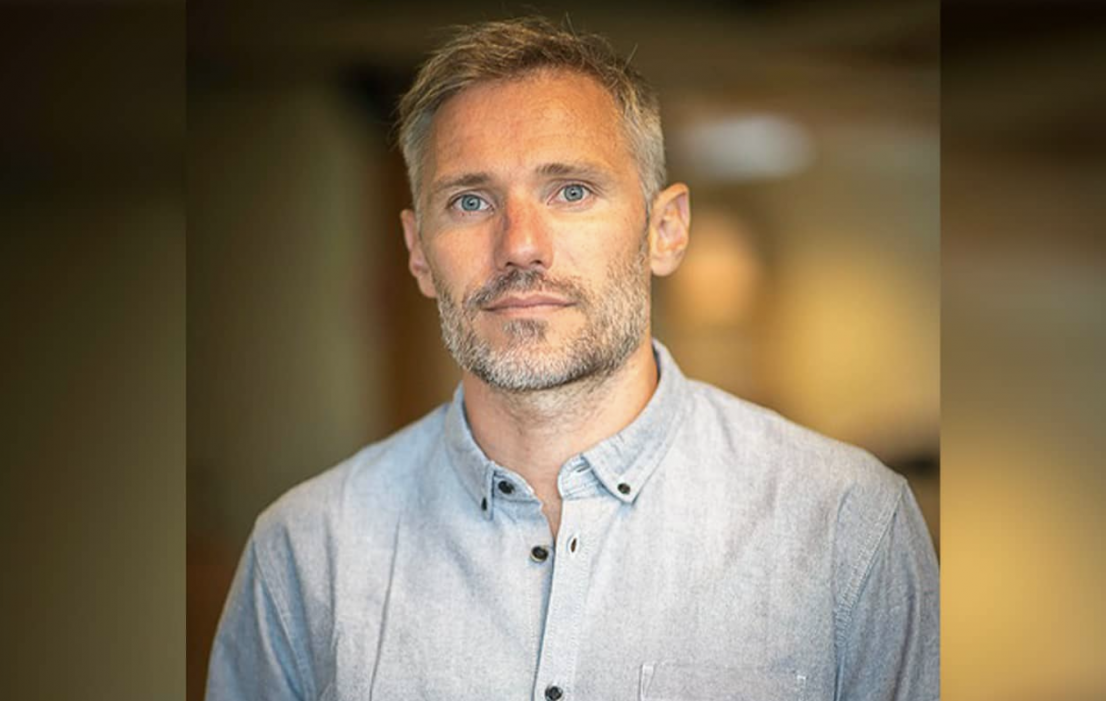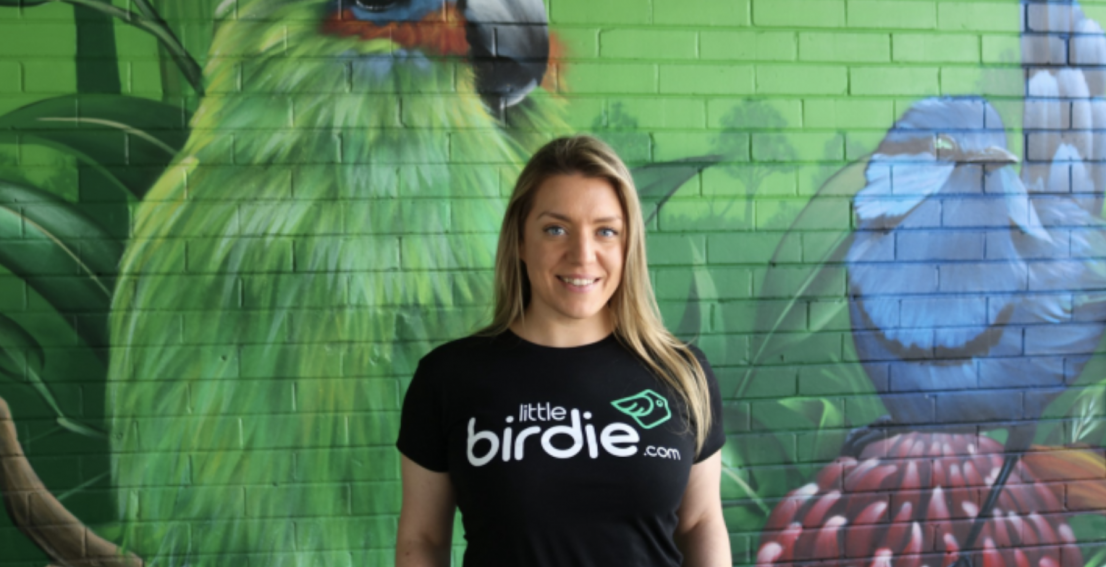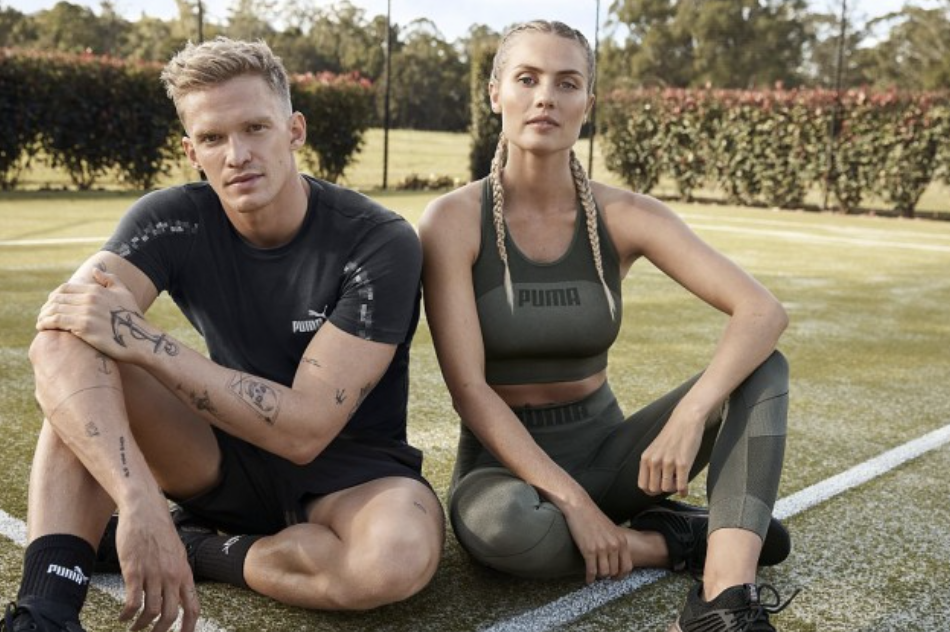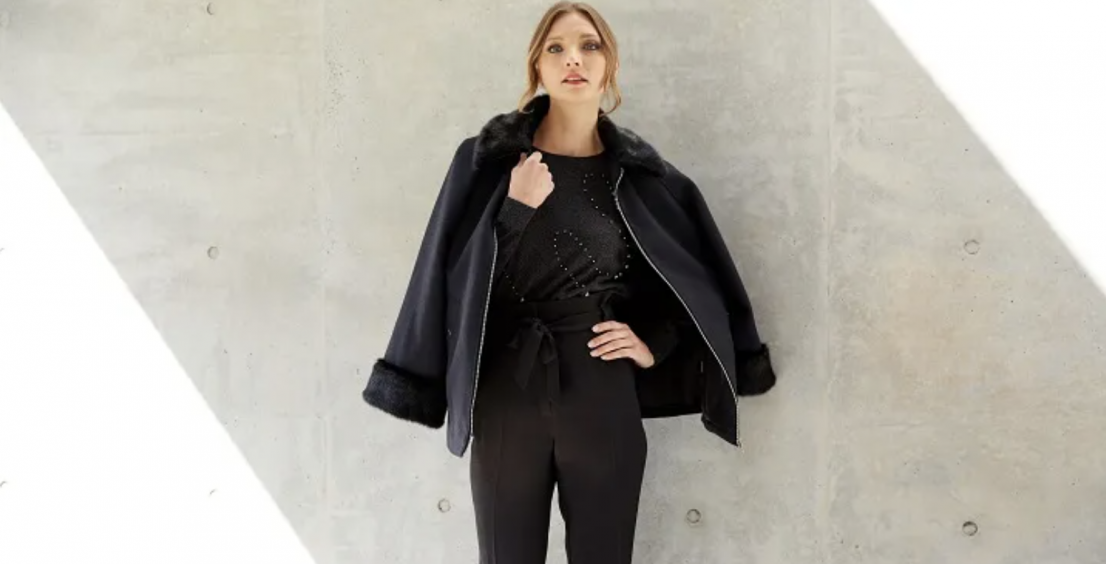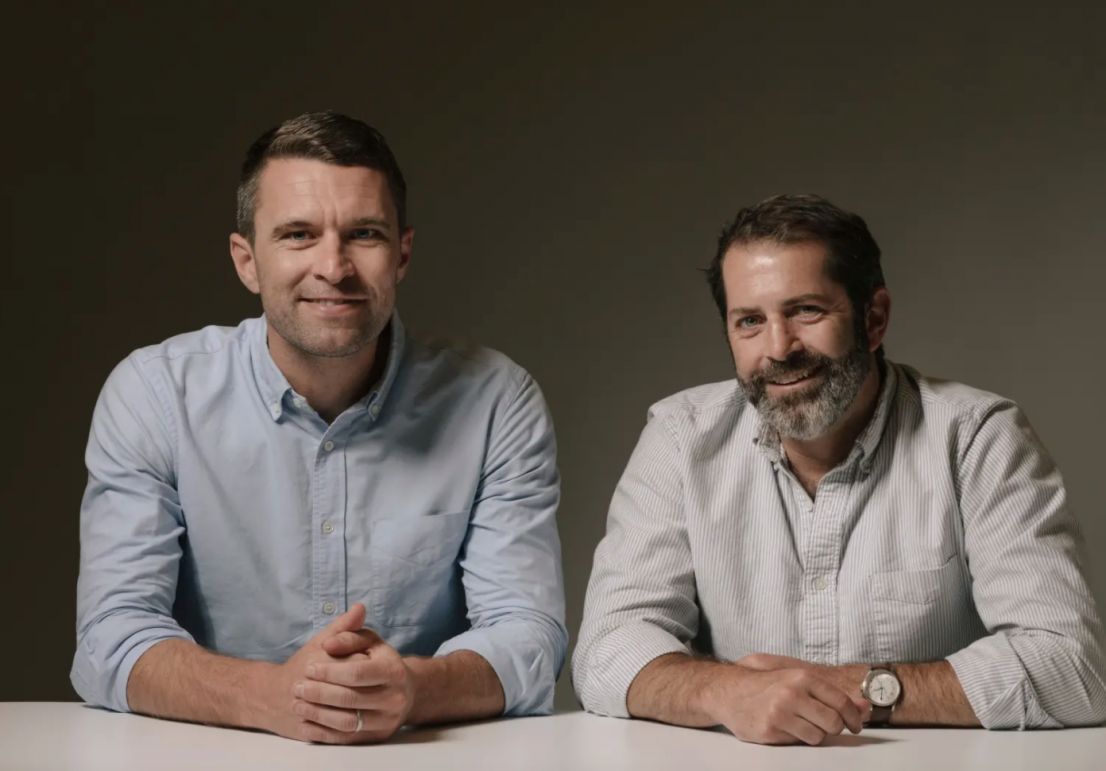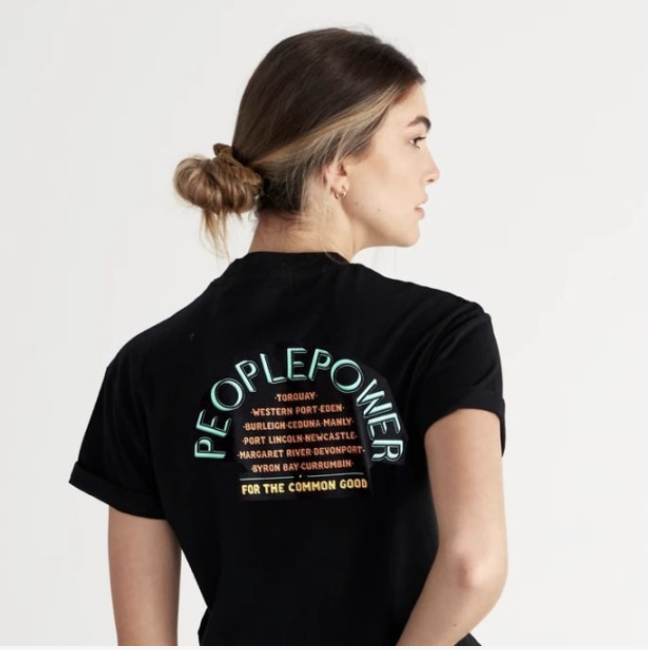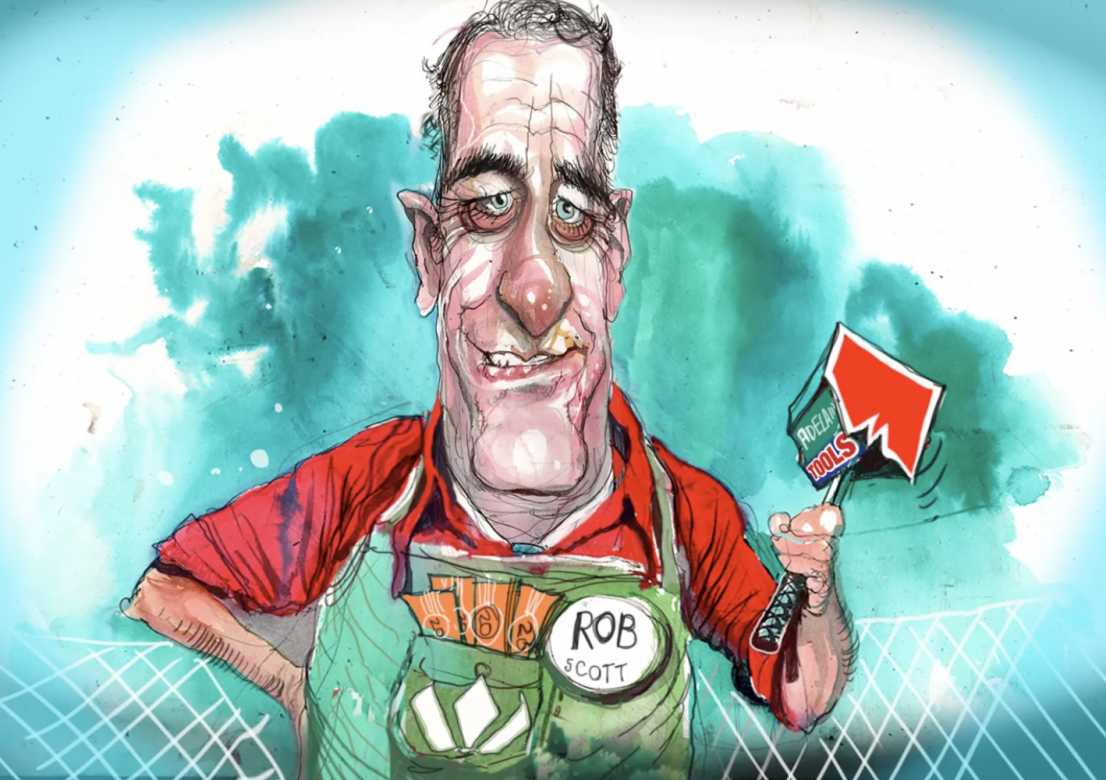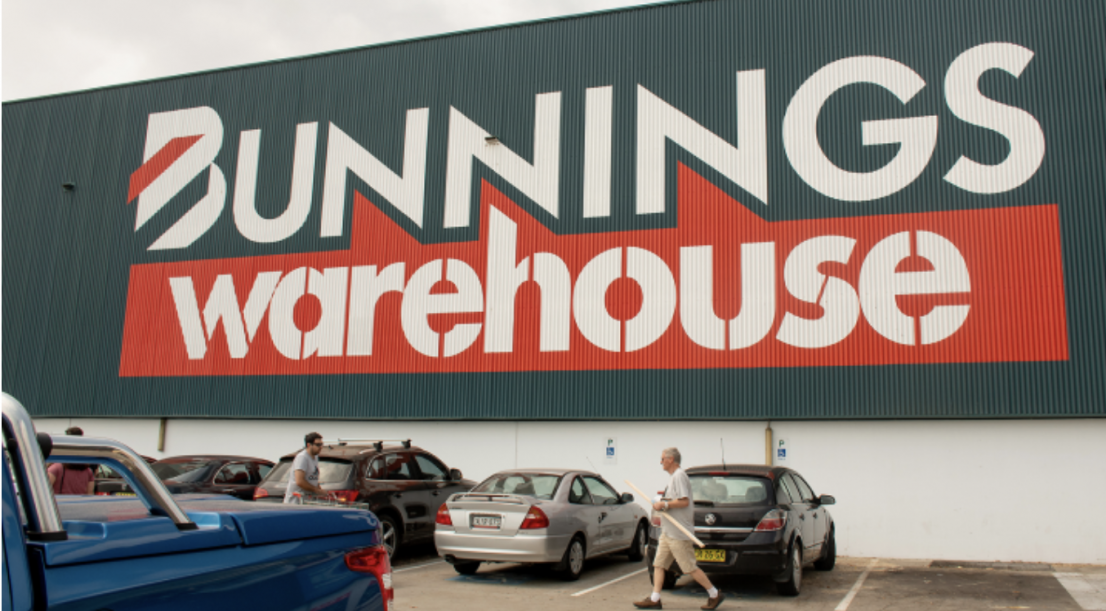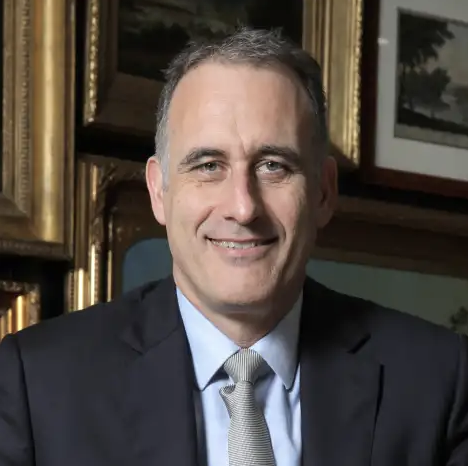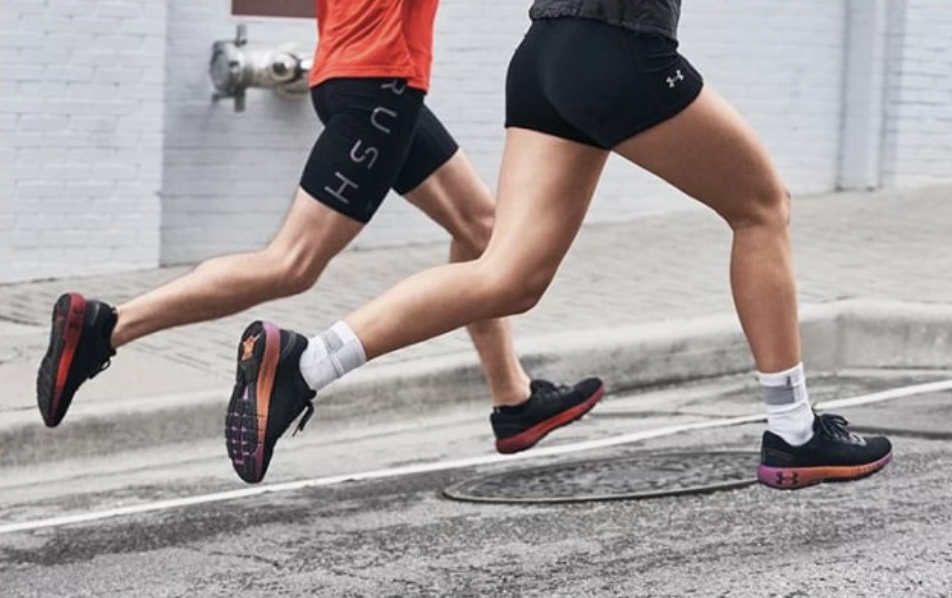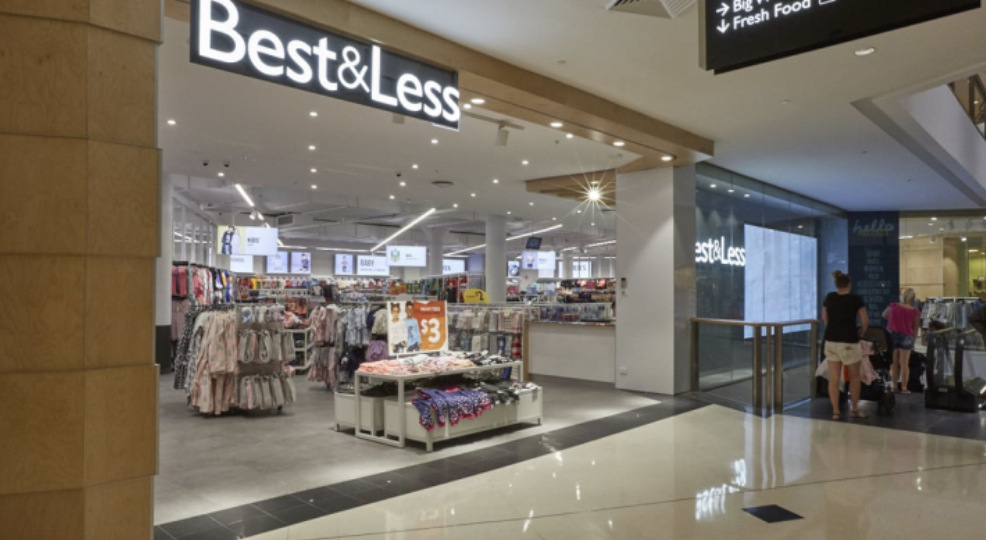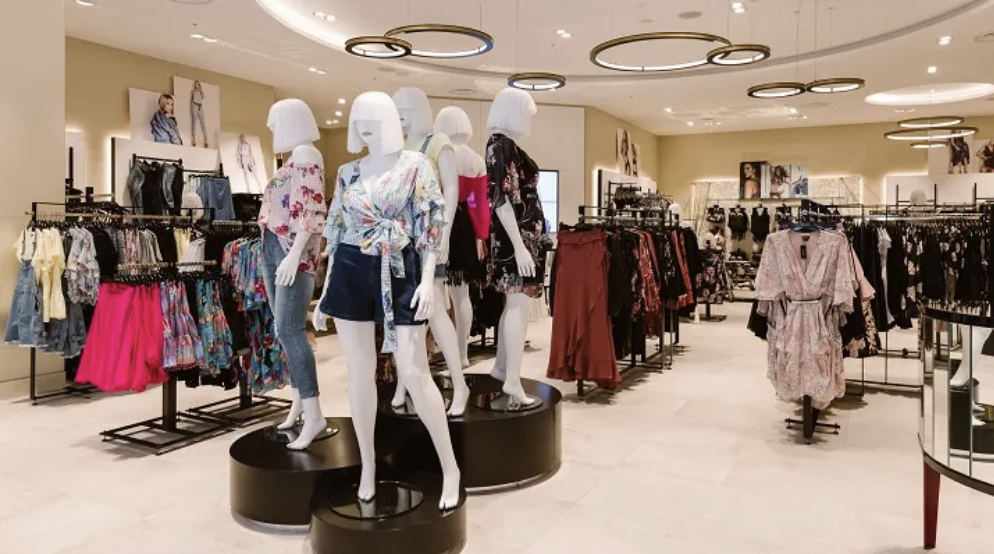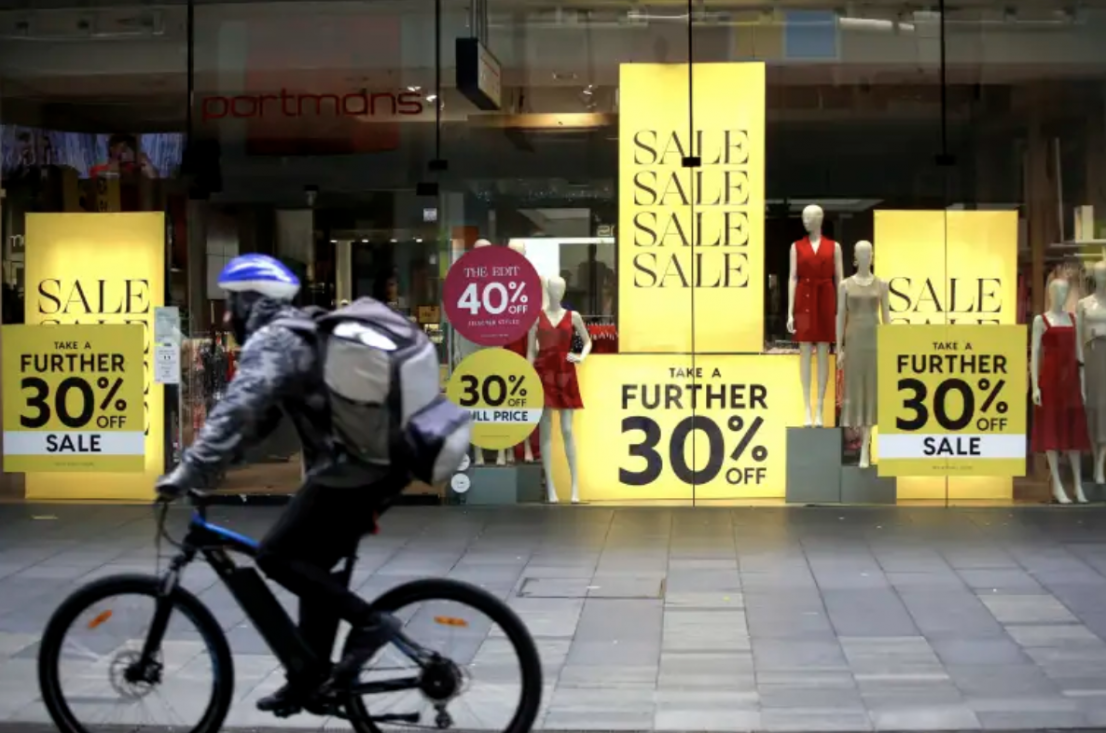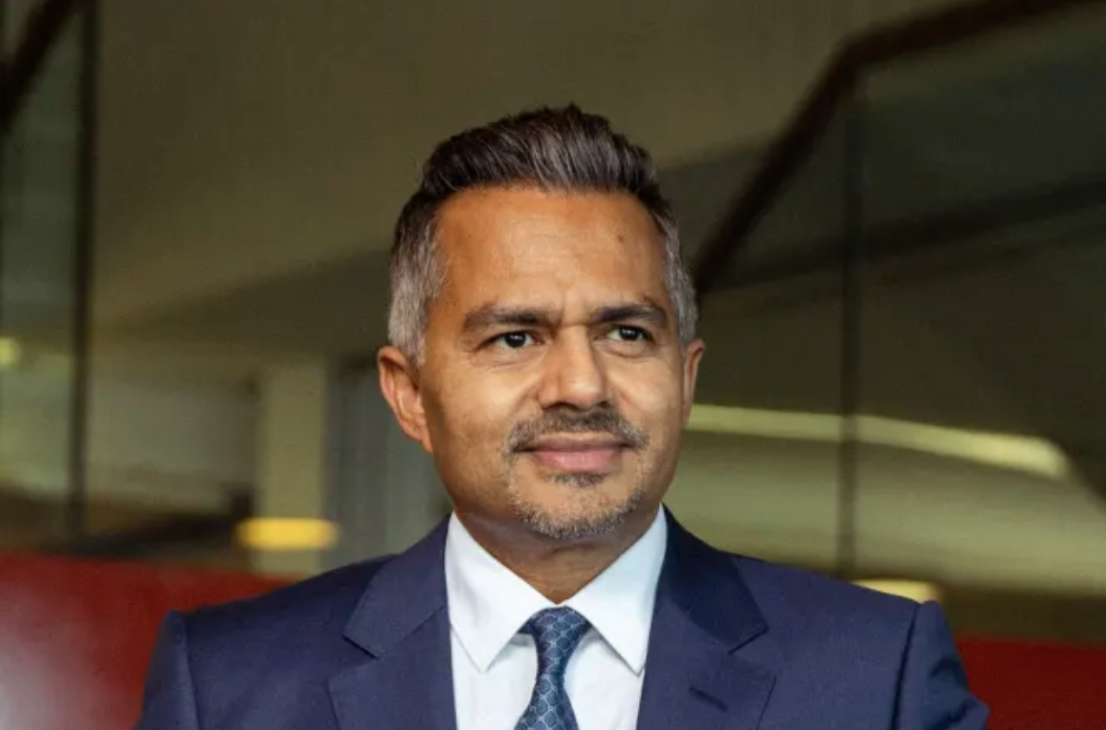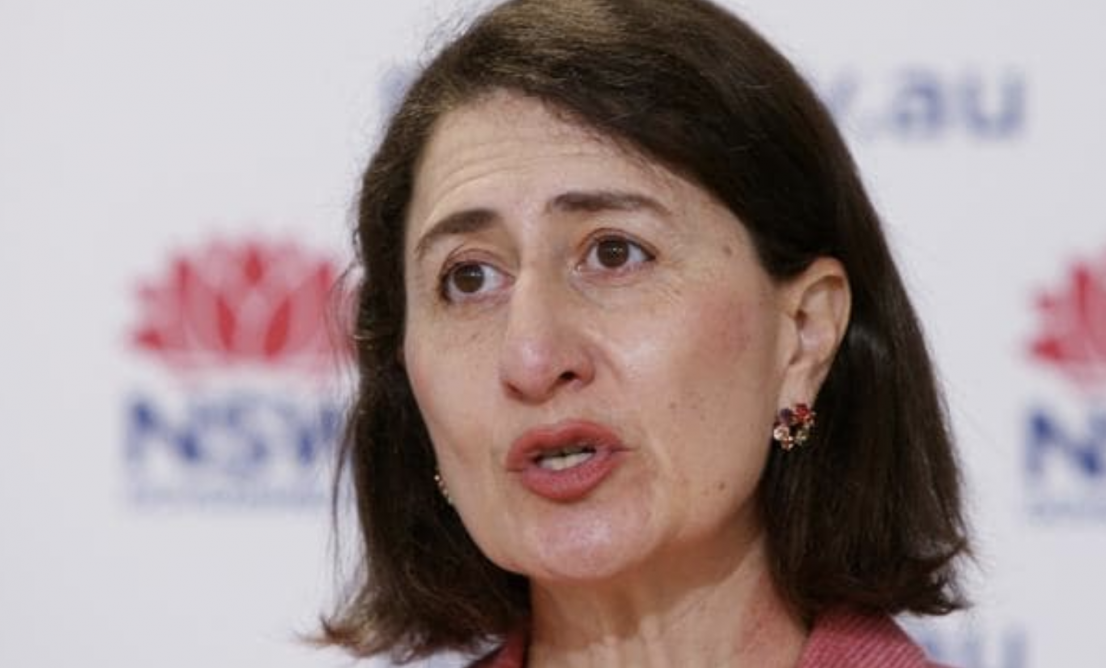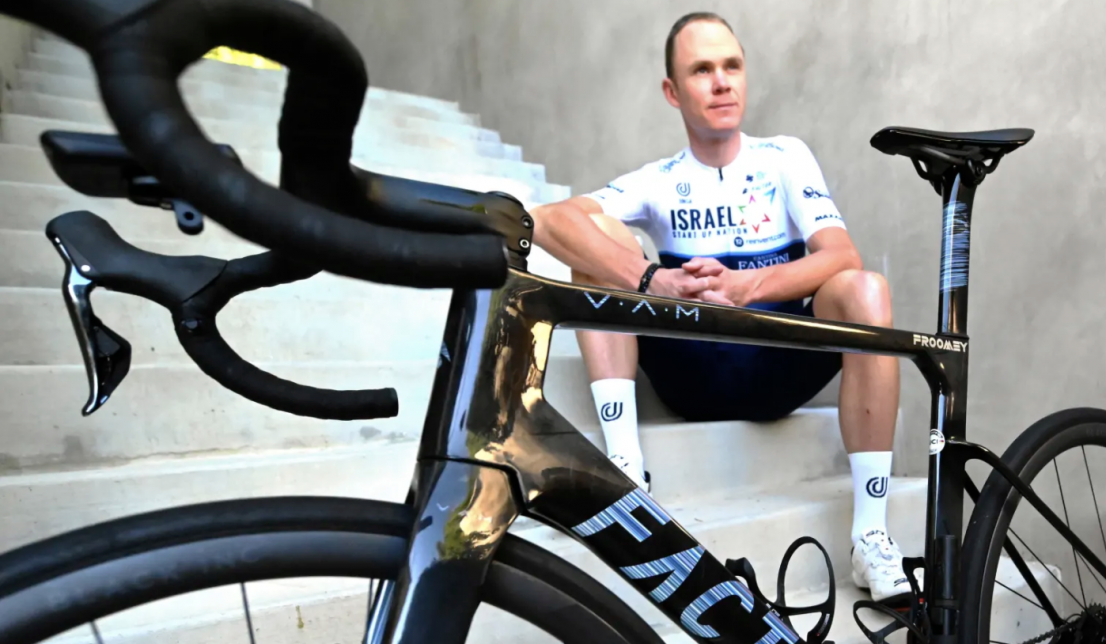
Premium bike company Factor Bikes plans to use an injection of cash from billionaire Atlassian co-founder Scott Farquhar and Sydney-based private equity outfit Point King Capital to fast track its global ambitions.
The British bike company has had a strong Australian connection ever since it first launched its bikes at the Tour Down Under in Adelaide in 2016 and has now brought on the Australian investors alongside four time Tour de France winner Chris Froome to lead the next stage of its expansion.
Factor’s founder and chief executive, Rob Gitelis, told The Age and The Sydney Morning Herald the company was different to the majority of its competitors, which rely on third-party manufacturers, as it has its own manufacturing facilities in Taiwan.
“Essentially they are design and marketing companies while we control the entire process because we are a manufacturer,” he said.
The level of customisation available through controlling the manufacturing process is what enabled Factor to attract both Froome and keen cyclist Mr Farquhar, who participated in the $US10 million ($13.45 million) funding round through his investment vehicle Skip Capital which he runs with wife Kim Jackson.
“Scott visited our Melbourne showroom about six months ago and spent the better part of a week riding a Factor down in Melbourne,” Mr Gitelis said.
“[Froome] gave us some input about things that he would prefer and we were able to turn it around incredibly quickly to get him another bike to try, and he had never had that sort of experience before with his previous brand. It was always many months if not at all, being able to do any kind of changes or modifications.”
Factor plans to build out its direct-to-consumer brand for bikes which start at $15,000 with a focus on North America, the United States and Australia, where it is set to open a new flagship store in Melbourne and to launch a range of mountain bikes.
Sam McKay, founding partner at Point King, said consumer brands were based on product, people and distribution.
He said Factor had the product with bikes which were “best in class machines”, top people in Mr Gitelis and his team and so the focus would be on distribution and helping the brand grow globally.
Mr McKay will represent both Point King and Skip on Factor’s board and said the investment followed on from Point King and Skip investing together in sustainable packaging and home-cleaning startup Zero Co last year.
“We’ve looked at things together and we shared a passion about the brand, the sport, the importance of health and wellness and people getting outside and the business opportunity about being able to partner with Rob and his team on building a large global brand,” he said. “With Rob, Chris, Point King and Skip, it’s a pretty interesting composition of investors who can together come up with hopefully pretty good outcomes for the business.”
Mr Farquhar said he loved cycling and so it was “a dream” to play a small part in what he said was one of the most innovative companies in the space.
“Rob is a wizard when it comes to building bicycles, and the team behind Factor are truly building something special,” he said.


